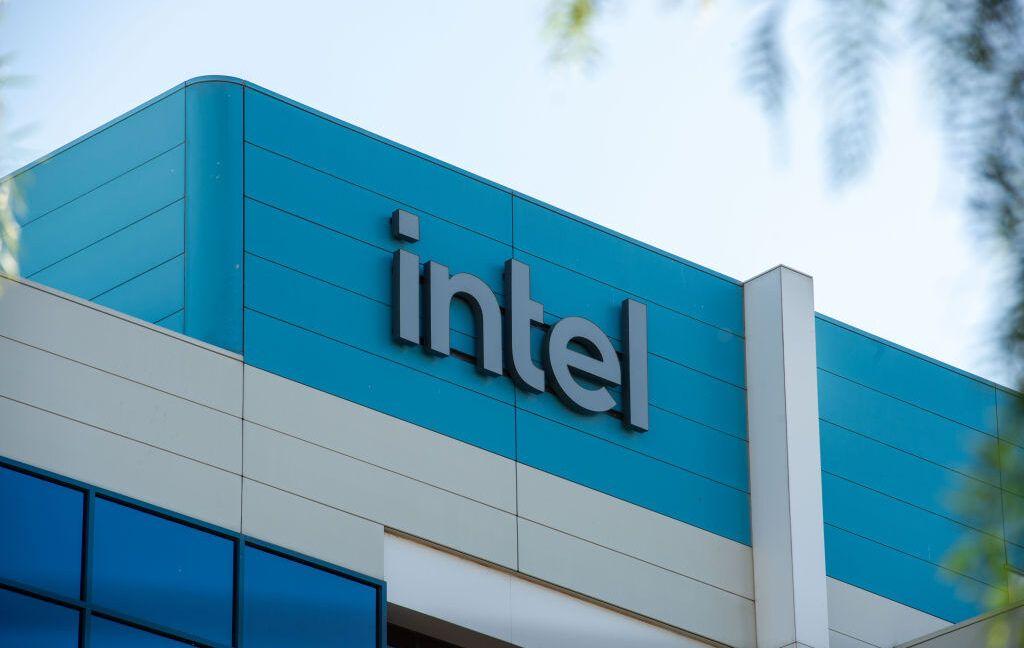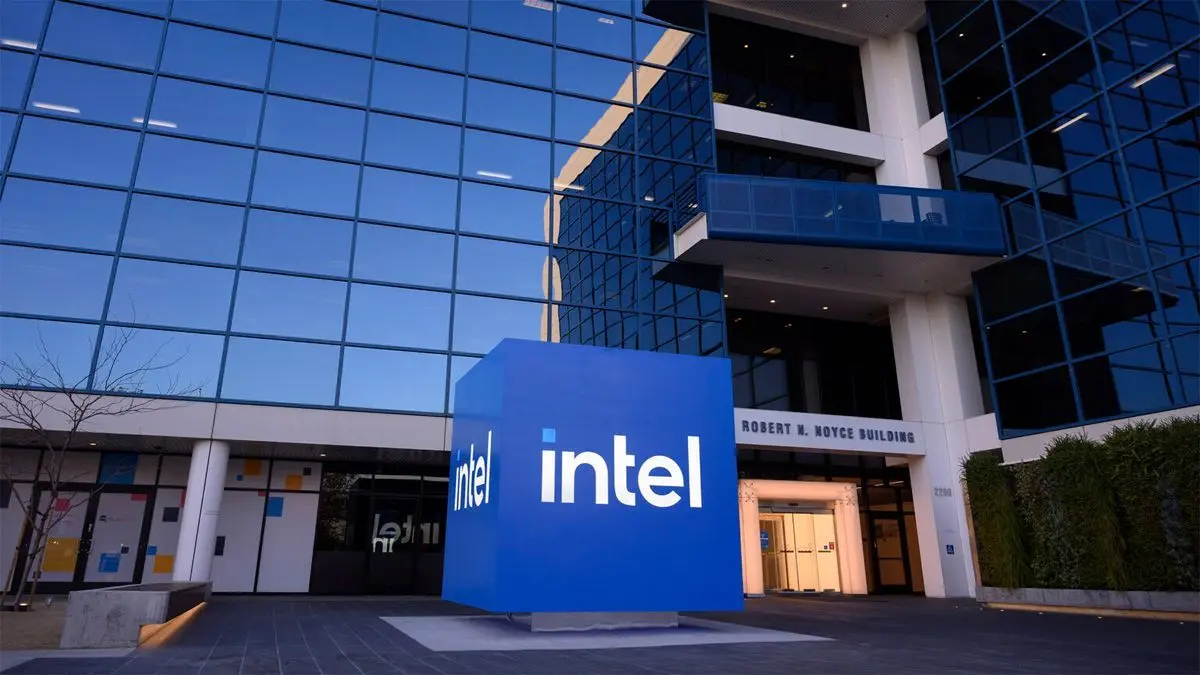US Government Considers Equity Stakes in Chip Companies, Sparking Industry Debate
2 Sources
2 Sources
[1]
Trump administration official says some CHIPS Act companies won't need to give up equity
Unlike Intel, TSMC and Micron will be exempt due to their expanded investments. Last week, the Trump administration said it might take a stake in Intel in exchange for the $10.86 billion in federal grants the company is receiving from the Chips and Science (CHIPS) Act. However, not all companies receiving funds under the same program will need to give up equity, The Wall Street Journal has reported. Companies like TSMC and Micron that increased their US investments won't have any additional obligations, according to a government official familiar with the matter. Ealier, commerce secretary Howard Lutnick appeared to royally screw NVIDIA with comments about the company's H20 AI chips, and may have also rubbed chip giant TSMC the wrong way. "The Biden administration literally was giving Intel [money] for free, and giving TSMC money for free, and all these companies, just giving them money for free," he told CNBC on Tuesday. "Donald Trump turns that into saying, 'Hey, we want equity for the money. If we're going to give you the money, we want a piece of the action.'" However, TSMC may have noticed the Intel equity kerfuffle and executives reportedly held preliminary discussions about handing back subsidies if the US government asks to become a shareholder, according to the WSJ's sources. TSMC was awarded $6.6 billion for its Arizona plant that started producing chips late last year for Apple and others. However, the company recently said it would invest another $100 billion over the next four years to build three more fabrication plants, two advanced packaging facilities and a major research and development center. Because of that extra investment, the Trump administration won't ask for a piece of TSMC or Micron (which also expanded its US facilities in Idaho, New York and Virginia). "The Commerce Department is not looking to take equity from TSMC and Micron," an unnamed official said. In any case, attempts by the US government to take equity in companies will likely face legal challenges due to language in the contracts. Companies are already required to share revenue with the US government if profits rise above a certain amount. In another development, the US government may divert up to $2 billion in CHIPS Act funding toward critical minerals projects in the US, Reuters reported. The move aims to reduce US dependence on China for key minerals extensively used in the electronics and defense industries. "The administration is creatively trying to find ways to fund the critical minerals sector," Reuters' source said, adding that those plans could change.
[2]
Towards US government involvement in Micron?
The administration has unveiled plans to convert part of the CHIPS Act subsidies paid to Intel into a stake of nearly 10%. The move would strengthen the competitiveness of the US chipmaker, which is still lagging behind its two major rivals: Arm in the CPU segment and TSMC in foundry services. For the US government, this is a move to take a direct stake in an industry considered strategic, at a time when the US is aiming to build the world's largest semiconductor factory in Ohio. Commerce Secretary Howard Lutnick said on CNBC that Washington now wants a return on its "investments": "We will get equity in return... instead of just giving grants." This suggests that Intel will not be an isolated case. In market rumors, the name Micron comes up regularly. Micron is positioned in a critical segment: HBM memory chips, which are essential for GPUs used in data centers. The market is contested by only three global players, Micron, SK Hynix, and Samsung, and strengthening the US champion in this area would make sense, especially as it could be linked to the Stargate project and future infrastructure in Ohio. Intel and Micron are not the only beneficiaries of the CHIPS Act: TSMC and Samsung are also receiving subsidies. But how would the US government justify taking a direct stake in South Korean or Taiwanese companies, especially in a sector as strategic as artificial intelligence? For now, the situation remains unclear. Intel's deal is still being negotiated, proof that Washington is feeling its way in this interventionist shift. If Micron were to follow suit, it would mark another step toward a profound change in the US government's role in the semiconductor industry.
Share
Share
Copy Link
The Trump administration's proposal to take equity in chip companies receiving CHIPS Act funding has sparked discussions and potential changes in the semiconductor industry, with varying implications for different companies.
US Government's Equity Stake Proposal in Chip Companies
The Trump administration has proposed taking equity stakes in companies receiving funding from the Chips and Science (CHIPS) Act, sparking a debate in the semiconductor industry. This move could significantly impact the competitive landscape and government involvement in this strategic sector
1
.
Source: Engadget
Intel's Potential Equity Deal
Intel, which is set to receive $10.86 billion in federal grants, might be required to give up equity in exchange for the funding. Commerce Secretary Howard Lutnick stated, "Donald Trump turns that into saying, 'Hey, we want equity for the money. If we're going to give you the money, we want a piece of the action." This could result in the government taking a stake of nearly 10% in Intel
1
2
.Exemptions for TSMC and Micron
However, not all companies receiving CHIPS Act funds will face the same requirements. TSMC and Micron, which have significantly increased their US investments, may be exempt from giving up equity. An unnamed government official stated, "The Commerce Department is not looking to take equity from TSMC and Micron." This exemption is likely due to their expanded investments in US facilities
1
.TSMC's Response and Expanded Investments
TSMC, which was awarded $6.6 billion for its Arizona plant, has reportedly held preliminary discussions about potentially returning subsidies if asked to give up equity. The company has announced plans to invest an additional $100 billion over the next four years in US facilities, including three more fabrication plants and two advanced packaging facilities
1
.Legal Challenges and Profit-Sharing
The government's attempts to take equity in companies may face legal challenges due to existing contract language. Currently, companies are required to share revenue with the US government if profits exceed a certain threshold. This existing arrangement may complicate efforts to implement equity stakes
1
.Critical Minerals Funding
In a related development, the US government is considering diverting up to $2 billion in CHIPS Act funding toward critical minerals projects within the country. This move aims to reduce US dependence on China for key minerals used in electronics and defense industries
1
.Related Stories
Implications for the Semiconductor Industry
The potential government involvement in chip companies could have far-reaching effects on the industry's competitive landscape. For Intel, this move could help strengthen its position against rivals like Arm in the CPU segment and TSMC in foundry services
2
.Micron's Strategic Importance

Source: Market Screener
Micron, a key player in the HBM memory chip market essential for GPUs used in data centers, is also being mentioned in market rumors as a potential candidate for government involvement. With only three global players in this critical segment (Micron, SK Hynix, and Samsung), strengthening Micron's position could be strategically important for the US
2
.Challenges in International Investments
The proposal raises questions about how the US government would justify taking stakes in foreign companies like TSMC (Taiwan) and Samsung (South Korea), which are also receiving CHIPS Act subsidies. This issue becomes particularly complex given the strategic importance of the semiconductor industry in areas such as artificial intelligence
2
.As negotiations continue and the situation evolves, it's clear that this potential shift in US government involvement in the semiconductor industry could have significant implications for global technology and economic landscapes.
References
Summarized by
Navi
[1]
[2]
Related Stories
US Government Acquires 10% Stake in Intel: A Controversial Move Sparking Debate
23 Aug 2025•Business and Economy

Trump Administration Considers Taking Equity Stake in Intel and Other Chipmakers
15 Aug 2025•Business and Economy

White House Signals Potential Government Stakes in Chip Companies and Other Industries
25 Aug 2025•Business and Economy

Recent Highlights
1
Pentagon threatens to cut Anthropic's $200M contract over AI safety restrictions in military ops
Policy and Regulation

2
ByteDance's Seedance 2.0 AI video generator triggers copyright infringement battle with Hollywood
Policy and Regulation

3
OpenAI closes in on $100 billion funding round with $850 billion valuation as spending plans shift
Business and Economy





